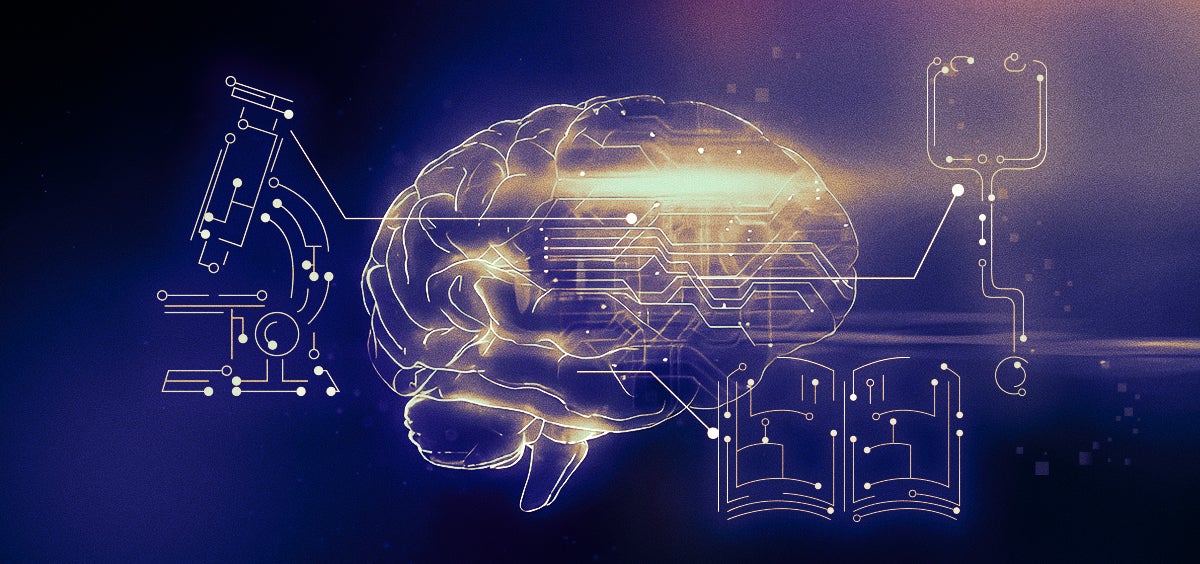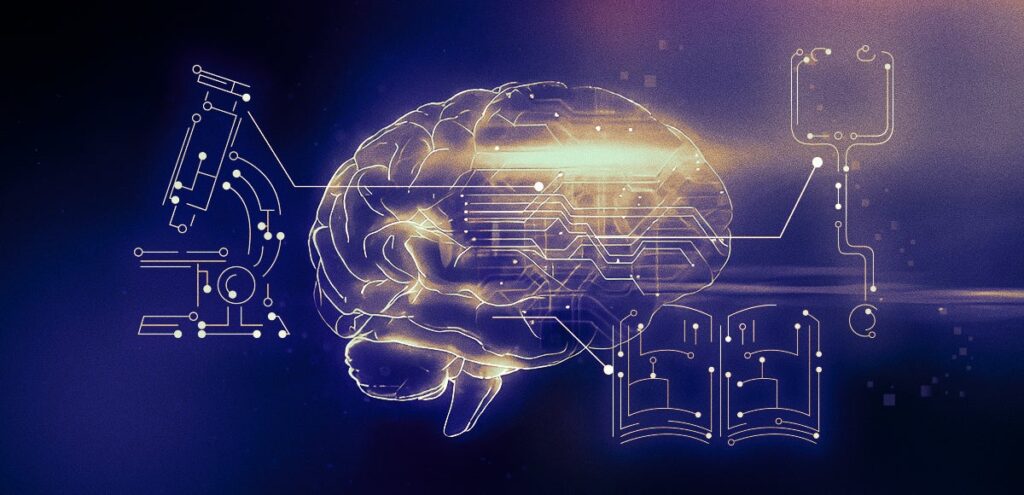SEO friendly content writing is concise, exact, and to-the-point. Hence, here is the answer you seek: SEO friendly content writing is brief, concise, and to-the-point, catering to both search engines and human readers.
However, it also needs a well-rounded introduction to engage the audience effectively. In this introduction, we will explore the importance of SEO friendly content writing, its impact on search engine rankings, and how it can drive organic traffic to your website.
By adhering to SEO best practices and creating valuable content, you can enhance your online visibility, improve user experience, and ultimately achieve your business goals. So, let’s dive in and unlock the secrets of writing SEO friendly content.

Credit: www.plasticsurgery.org
The Rise Of Ai In The Modern World
The Evolution Of Ai
The development of Artificial Intelligence (AI) has revolutionized the way we live in the modern world. From its humble beginnings, AI has evolved rapidly, gaining immense popularity and significance. AI technology has gone from being a futuristic concept to a practical and indispensable part of our lives. It has made significant strides, and its potential seems limitless.
Applications Of Ai In Various Fields
AI has found application in various fields, ranging from healthcare and finance to transportation and entertainment. In healthcare, AI algorithms can assist in diagnosing diseases, analyzing medical images, and developing personalized treatment plans. AI-powered virtual assistants like Siri and Alexa have become our digital companions, helping us with everyday tasks and providing information at our fingertips. AI has also made its way into the automotive industry, powering self-driving cars and enhancing road safety.
| Field | Application |
|---|---|
| Healthcare | Diagnosis, image analysis, personalized treatment plans |
| Finance | Fraud detection, algorithmic trading, customer service |
| Transportation | Self-driving cars, traffic management |
| Entertainment | Recommendation systems, virtual assistants |
Benefits And Challenges Of Ai
While AI brings numerous benefits, it also presents its own set of challenges. On the positive side, AI technology has the potential to streamline processes, increase efficiency, and improve decision-making. It can enhance productivity in various industries, leading to economic growth and job creation. However, there are concerns regarding potential job displacement and the broader ethical implications of AI. It is essential to ensure AI is developed responsibly and ethically, considering issues such as privacy, bias, and security.
- Benefits of AI:
- Streamlined processes
- Increase in efficiency
- Improved decision-making
- Enhanced productivity
- Economic growth
- Job creation
- Challenges of AI:
- Job displacement
- Ethical considerations
- Privacy concerns
- Bias in algorithms
- Security risks
In conclusion, the rise of AI in the modern world has brought about invaluable advancements and opportunities, transforming countless industries. The evolution of AI, its applications in various fields, and the benefits and challenges it presents shape our understanding of this remarkable technology. The future of AI holds immense potential, and it is crucial to navigate its development responsibly, ensuring the ethical and inclusive use of this powerful tool.
Transforming Industries With Ai
In today’s fast-paced and evolving world, artificial intelligence (AI) has proven to be a groundbreaking technology that is revolutionizing various industries. With its ability to analyze vast amounts of data and make predictions, AI is transforming the way industries operate, making them more efficient, accurate, and customer-centric. Let’s take a closer look at the impact of AI in three key sectors: healthcare, finance, and manufacturing.
Ai In Healthcare
The integration of AI in the healthcare sector has brought about monumental advancements in diagnostics, treatment plans, and patient care. With AI-powered algorithms, medical professionals can analyze patient data, such as medical records and imaging results, to diagnose illnesses more accurately and at an early stage. AI also assists in creating personalized treatment plans by considering a patient’s unique genetic makeup and medical history. Apart from this, AI technology is enhancing telemedicine services, allowing doctors to remotely monitor patients and provide real-time assistance, reducing the need for hospital visits.
Ai In Finance
The finance industry has been greatly impacted by AI, as it streamlines and automates various processes, making them faster and more accurate. AI algorithms can analyze market trends, historical data, and risk factors to predict market fluctuations and make informed investment decisions. This helps financial institutions mitigate risks and maximize returns. AI is also employed in fraud detection and prevention, flagging suspicious activities and notifying authorities promptly. Additionally, chatbots powered by AI are being utilized in customer service, answering queries, and providing assistance round the clock.
Ai In Manufacturing
The integration of AI in manufacturing has revolutionized the industry by optimizing production processes and increasing efficiency. AI-powered machines and robots can analyze and interpret complex data in real-time, ensuring precise and automated control of manufacturing operations. This leads to improved productivity, reduced waste, and enhanced quality control. AI-based predictive maintenance systems also help minimize downtime by detecting faults or malfunctions in machinery before they occur, allowing for proactive maintenance. Furthermore, AI assists in supply chain management, optimizing inventory levels, and ensuring timely product delivery.
Ethical And Legal Considerations Of Ai
As artificial intelligence (AI) continues to advance at an unprecedented pace, it is crucial to address the ethical and legal considerations that come along with its implementation. AI has the potential to revolutionize various industries, improve efficiency, and enhance our daily lives. However, it is essential to strike a balance between innovation and safeguarding fundamental rights and principles. In this blog post, we delve into key ethical and legal concerns surrounding AI, including privacy and data protection, bias and accountability, as well as regulations for AI.
Privacy And Data Protection
One of the top concerns surrounding AI implementation is the protection of privacy and data. With AI systems gathering massive amounts of personal information, it raises questions about how this data is collected, stored, and used. Organizations must ensure that AI systems are designed with privacy in mind, and implement robust measures to safeguard sensitive information.
Privacy policies and consent mechanisms should be transparent and easily understandable for individuals. This allows users to have control over their data and make informed decisions about sharing their information. Stricter data protection regulations are necessary to hold organizations accountable for any misuse or unauthorized access to personal data.
Bias And Accountability
As AI algorithms are developed by humans, there is a risk of introducing biases that can result in unfair outcomes. Bias can be unintentional, arising from biased training data or biased decision-making processes integrated into AI systems. It is crucial to mitigate bias in AI algorithms to ensure fairness and equal treatment for all individuals.
Transparency and explainability are key in addressing bias and ensuring accountability. Organizations should be able to provide clear explanations of how their AI systems work and how decisions are made. This allows for scrutiny and evaluation of the process to identify potential biases and rectify them accordingly.
Regulations For Ai
The fast-paced evolution of AI technologies has highlighted the need for appropriate regulations to address potential risks and concerns. Governments and regulatory bodies across the globe are now considering and implementing guidelines specific to AI systems.
Regulations for AI can cover a wide range of aspects such as data protection, algorithmic fairness, transparency, accountability, and safety. These regulations aim to establish a framework that promotes responsible AI development while ensuring protection for individuals and society as a whole.
Efforts are being made to create international standards and agreements to harmonize the approach to AI regulations. Collaboration between governments, industry experts, and stakeholders is necessary to create a robust and globally accepted regulatory framework.

Credit: www.gatesnotes.com

Credit: appinventiv.com
Frequently Asked Questions For Ai Man
What Is Ai And How Does It Work?
AI, or Artificial Intelligence, is the simulation of human intelligence in machines that are programmed to think and learn like humans. It works by combining vast amounts of data with algorithms that enable machines to recognize patterns, make predictions, and take actions based on the information provided.
What Are The Different Types Of Ai?
There are three main types of AI: narrow or weak AI, general or strong AI, and superintelligent AI. Narrow AI is designed to perform specific tasks, such as facial recognition or voice command systems. General AI has the ability to understand and perform any intellectual task that a human being can do.
Superintelligent AI surpasses human intelligence and can outperform humans in almost all cognitive tasks.
What Are The Benefits Of Ai In Various Industries?
AI has numerous benefits in various industries. It can streamline operations, enhance productivity, improve customer service, increase efficiency, and reduce costs. In healthcare, AI can help with diagnosis and treatment plans. In finance, it can assist in fraud detection and risk analysis.
In manufacturing, it can optimize production processes. Overall, AI has the potential to revolutionize industries and drive innovation.
How Does Ai Impact Job Opportunities?
AI has the potential to both create and eliminate jobs. While some routine and repetitive tasks may become automated, AI also opens up new opportunities in fields such as data science, machine learning, and AI programming. Additionally, AI can augment human capabilities, allowing people to focus on more complex and creative tasks.
It is crucial for individuals to upskill and adapt to the changing job landscape in the age of AI.
Conclusion
In a world driven by technology, we cannot overlook the significant role of AI in revolutionizing the way we live, work, and interact. From smart home devices to personal assistants, AI has become an integral part of our daily lives.
As AI continues to evolve and improve, its potential to transform various industries is limitless. Embracing AI opens up a world of endless possibilities and opportunities for innovation and progress. Explore the power of AI and be part of shaping the future.



